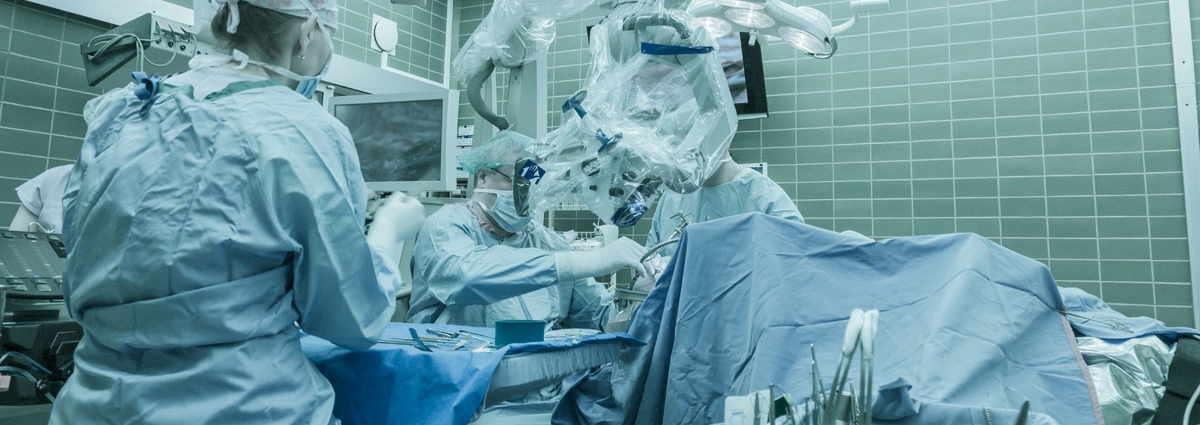
Functional Unit for Surgical Neuromodulation of Mental Disorders
Over the last two decades, surgical procedures for mental disorders have been developed based on a radically different concept, which involves neuromodulation of brain circuits implicated in mental illness using Deep Brain Stimulation (DBS). Deep brain stimulation (DBS) involves placing very small electrodes (1 mm in diameter) in very specific locations in the brain and connecting them to a generator that supplies electrical energy, similar to how a pacemaker works in the heart. This current generates changes, modulates (neuromodulation) the brain circuits progressively, reorganising and compensating for the pathological situation. Conceptually, it is essential to understand that there is no destruction of brain tissue, and that the changes are reversible if they are not considered appropriate, simply by turning off the generator.
DBS therapy is well established for movement disorders such as Parkinson's disease, refractory pain, and some cases of epilepsy. Currently, three indications for DBS in psychiatric disorders are well established: obsessive-compulsive disorder (OCD), major depression, and Gilles de La Tourette syndrome. Other indications, such as anorexia nervosa or schizophrenia, are still considered experimental.
PROGRAMMES
- Surgery for obsessive-compulsive disorder
- Depression surgery
- Surgery for Gilles de La Tourette Syndrome


































